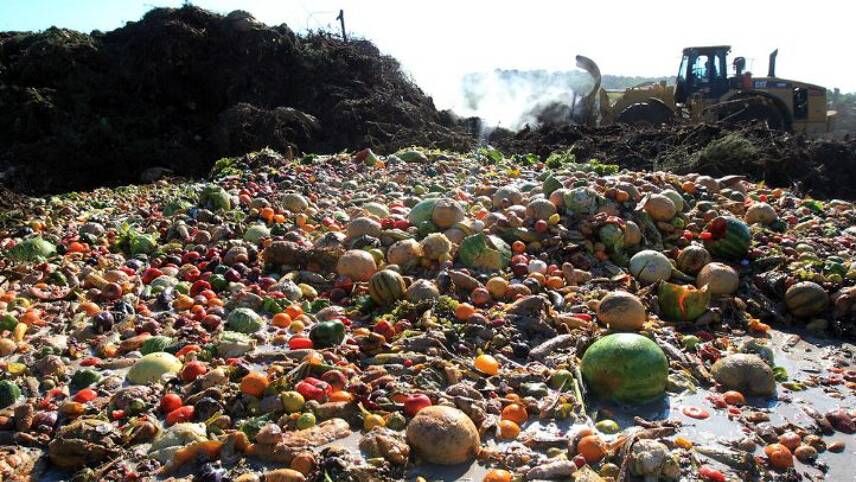Register for free and continue reading
Join our growing army of changemakers and get unlimited access to our premium content

Last year
Convened by the Department for Food, Environment and Rural Affairs (Defra), the new ‘Step up to the Plate’ pledge commits signatories to align with SDG 2, Zero Hunger, by adopting WRAP’s food waste reduction roadmap.
Published last September and supported by more than 90 organisations across the food value chain, the framework, built in partnership with charity IGD, sets out how organisations can measure and act on wastage levels across a “farm-to-fork” approach. WRAP and IDG have set a one-year goal to enrol 50% of all major retailers and large food businesses in the UK to the programme. By 2026, it is hoped the 250 largest UK companies across the two sectors will be added.
Defra’s new pledge additionally requires signatories to take part in the Department’s first Food Conversation Week of Action in November, which will serve to highlight the changes all actors can make to reduce the 10.2 million tonnes of food wasted across the UK annually. This move, the pledge specifies, should form part of signatories’ wider actions to use their voice to empower the public to change behaviours.
Since it was published last Monday (6 May), the likes of Nestlé, Tesco, Sainsbury’s, and Waitrose & Partners have all signed the pledge. These businesses were all early adopters of WRAP’s food waste reduction roadmap in the first instance and are now urging others to follow suit. Tesco chief executive Dave Lewis is notably the chair of Champions 12.3 – the coalition of government, business and civil society leaders aiming to accelerate progress towards SDG 12.3.
The pledge programme is being spearheaded by Defra’s food waste ‘champion’ Ben Elliot, who was appointed to the role in January.
“Businesses throw away food worth an estimated £5bn every year, and £15bn is wasted from our homes,” Elliot said.
“The emissions this creates is the equivalent of every third car on the road. Climate change is no longer a buzzword – we must all stand up and be counted. We simply must put an end to this.”
The pledge is also open to non-commercial organisations and can be signed by individuals. Environment Secretary Michael Gove and Minister Thérèse Coffey were among the first to sign up to the commitment on an individual basis – a move which has seen them vow to change their shopping, cooking and food storage habits, and to encourage similar behaviour from their peers.
Policy shifts
Defra has been keen to spotlight the action it is taking to reduce the 250 million meals believed to be wasted in the UK every year in recent times.
In October 2018, it unveiled plans for a £15m initiative aimed at redistributing almost £1bn worth of food waste from supermarkets, other retailers and manufacturers every year.
Around 43,000 tonnes of surplus food is currently redistributed from retailers and food manufacturers every year, but the Government estimates that a further 100,000 tonnes are sent to be converted into energy from waste (EfW), included in animal feed or anaerobically digested annually. The new scheme which is set to launch in late 2019 or early 2020, therefore aims to ensure that the entirety of food waste accounted for at manufacturing or retail level is made available to those in need.
Elsewhere, food waste is a key component of Defra’s updated Resources and Waste Strategy, which was published shortly before Christmas 2018. Through a string of consultations on this policy framework, the Department will decide whether to require local authorities to provide weekly collections of food waste for every household. At the moment, only 35% of households in England are obliged to put food waste in their own caddy.
As for businesses, the framework includes the introduction of annual reporting of food waste by food businesses, which could become mandatory in the coming years.
Such measures, Defra claims, could help the UK develop a system in which redistribution is always the first option for food deemed fit for human consumption.
Gove has previously dubbed the fact that edible food is not always reserved for human consumption “bad for business” and morally indefensible”.
Sarah George


Please login or Register to leave a comment.